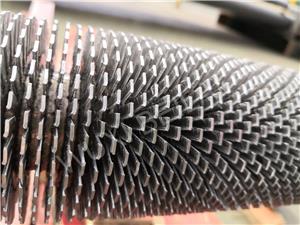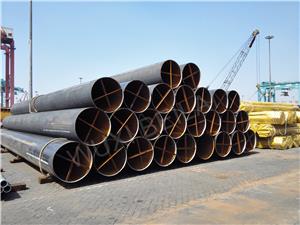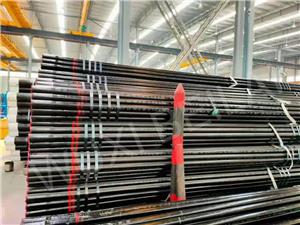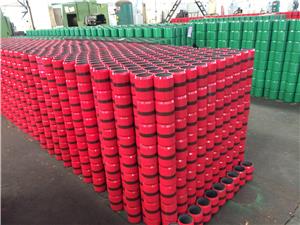How to Select the Right Boiler Tube for Your Industry
In every industry that relies on thermal energy — from power generation to petrochemical production — the Boiler Tube plays a vital role. Selecting the appropriate Boiler Tube is not just a matter of purchasing a metal pipe; it directly affects your system’s performance, longevity, safety, and overall efficiency. As a professional Boiler Tube manufacturer and supplier, BEILAI Group is here to guide you through the critical factors to consider when selecting the right boiler tube for your industry.
1. Understand Your Industry's Operating Environment
Every industry presents unique conditions, including pressure levels, temperatures, fuel types, and corrosive agents. For example:
Power Generation Plants: High steam pressure and temperature require alloy steel or austenitic stainless steel boiler tubes.
Oil Refineries and Petrochemicals: Corrosive environments demand Boiler Tube materials with excellent chemical resistance.
Food Processing: Hygienic standards require stainless steel tubes that are corrosion-resistant and easy to clean.
Understanding the operating temperature, pressure range, and chemical exposure of your system is the first step in identifying the correct Boiler Tube specification.
2. Choose the Appropriate Material Grade
Material selection is the cornerstone of Boiler Tube reliability. Common grades include:
Carbon Steel (e.g., SA-179, SA-192): Suitable for low-pressure and moderate temperature systems.
Low Alloy Steel (e.g., SA213 T11, T22): Excellent for intermediate pressures and higher temperatures.
Austenitic Stainless Steel (e.g., TP304, TP316): Offers excellent corrosion and oxidation resistance.
Nickel Alloys (e.g., Inconel 600, 625): Designed for extremely high temperatures and corrosive conditions.
At BEILAI, we provide a full range of Boiler Tube materials to meet specific industry needs, all in compliance with international standards such as ASTM, ASME, and EN.
3. Assess Tube Size, Wall Thickness, and Tolerances
Correct dimensions directly affect heat transfer efficiency and structural integrity. Key aspects include:
Outer diameter: Based on fluid flow and system pressure.
Wall thickness: Ensures pressure resistance.
Length and bend radius: Customized for system layout.
Tolerances: Must comply with standards to ensure safe operation.
BEILAI offers custom cutting, beveling, and bending to ensure your Boiler Tube fits perfectly within your system.
4. Evaluate Corrosion and Oxidation Resistance
In industries using biomass, waste heat recovery, or chemical processes, aggressive media such as chlorine, sulfur, or acids can cause rapid degradation. The Boiler Tube must be resistant to:
High-temperature oxidation
Internal erosion from steam or flue gases
External corrosion from condensates or chemicals
Surface treatments or composite coatings may be applied for added protection.
5. Focus on Manufacturing Standards and Testing
Reliable Boiler Tube performance begins with quality production. BEILAI’s manufacturing process includes:
Cold drawing and precision machining
Heat treatment (normalizing, annealing, quenching + tempering)
Non-destructive testing (NDT)
Hydrostatic and ultrasonic inspection
Third-party certification upon request
Every Boiler Tube we produce undergoes rigorous testing to ensure operational safety and long service life.
Choosing the right Boiler Tube for your industry is a strategic decision that can enhance system performance, safety, and ROI. Whether you operate in power, petrochemical, food, or textile sectors, BEILAI Group delivers custom-engineered Boiler Tube solutions backed by quality, precision, and service.
Contact BEILAI today and let our boiler tube experts help you select the best tube for your application.




